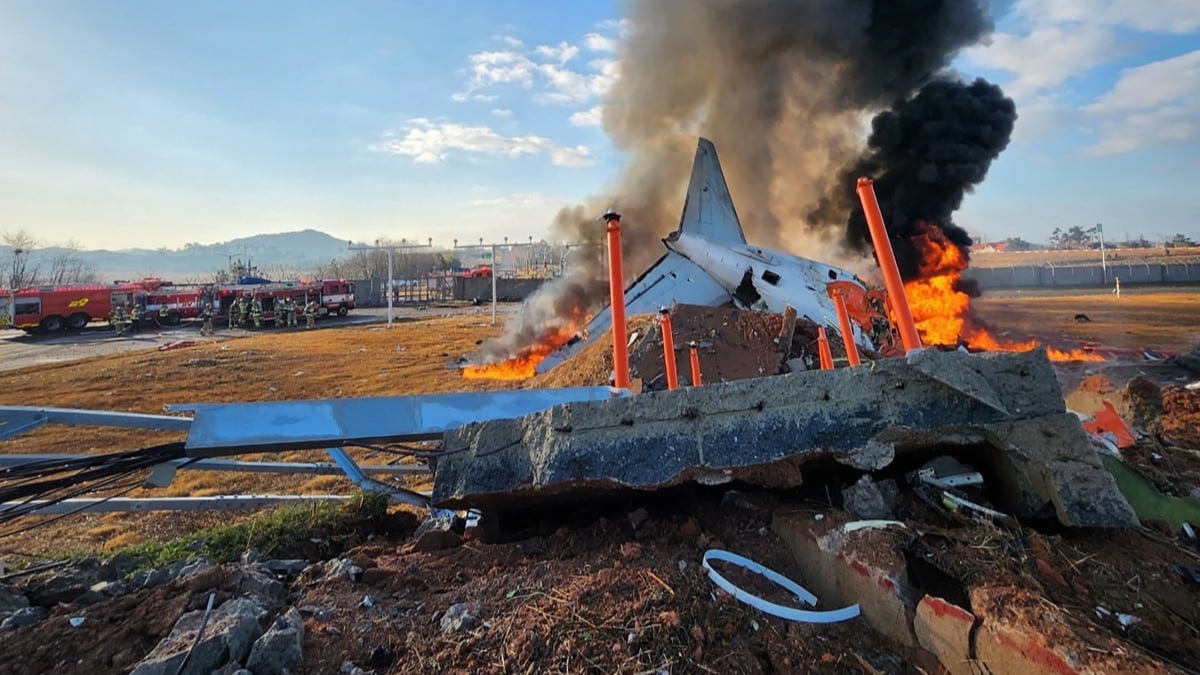Investigators have identified bird feathers and blood in both engines of the Jeju Air jet that crashed in South Korea last month, killing 179 people, a source close to the probe revealed in a Reuters report on Friday.
The Boeing 737-800, en route from Bangkok to Muan County in southwestern South Korea, overshot the runway during an emergency landing, burst into flames after hitting an embankment, and came to rest in a fiery wreck.
Only two crew members seated at the tail end of the aircraft survived, making it the deadliest aviation disaster on South Korean soil.
Authorities revealed that, four minutes before the crash, the pilot reported a bird strike, declared an emergency, and attempted a go-around before landing on the opposite runway. Air traffic control had earlier warned of bird activity in the area.
This month, investigators confirmed feathers were recovered from one of the engines, and video evidence supported the bird strike theory. However, South Korea’s transport ministry has declined to comment on findings related to both engines.
Complicating the investigation, the plane’s black boxes stopped recording minutes before the crash. Aviation experts suggest a total power failure, including backups, could have occurred—a highly unusual scenario.
While rare, bird strikes affecting both engines have occurred in aviation history, with notable incidents like the “Miracle on the Hudson” in 2009 and a safe cornfield landing in Russia in 2019 ending without fatalities.






